The University of Michigan Office of Government Relations has nominated four student works for the 2021-2022 Art in the Legislature.
The Art in the Legislature Program displays and celebrates the work of excellent student artists from Michigan’s 15 public universities each year, and their respective works are displayed in the Anderson House Office Building, or the Binsfeld Senate Building, for one year.
State Relations Officers, university art department representatives, student-artists, their families, and the public at large are invited to attend the reception, at which time the new pieces of art will be unveiled and the students will be recognized.

Portrait of a Necklace
by Mikaylyn Beebee
This piece is based on the fable of the crow and the serpent. The tale begins with a serpent eating a crow’s family; the crow takes vengeance by stealing the princess’ necklace and dropping it into the serpent’s lair. The royal guards then search for the necklace, find it in the lair, and gut the serpent. It’s a short story that tells that a little wit can win anything. I was drawn to this story because I saw it as a chance to tell a narrative through portraiture, and I love the way all of these characters are connected by the necklace – it killed the serpent, adorned the princess, and allowed the crow to move on. I chose to focus and illustrate all of their relationships to the necklace by having the dead serpent around the princess’ neck, and the crow flying away, shielding her eyes with its clever venture.

Panic
by Lindsay Farb
Our world is currently in grave danger due to the worsening effects of the climate crisis. If we, the human population, do not make a significant change right now, before we know it, we will all cease to exist. I cannot help but feel uneasy and panicked when confronted with such alarming information regarding the severity of the situation at hand. My piece, titled Panic, is a visual depiction of chaos and the feeling of panic that pumps through the veins of many due to our current and ongoing climate crisis. The composition consists of jagged and irregularly cut black paper where negative and positive space work in harmony creating an upward motion of energy cutting through the page to mimic piercing and fleeting thoughts. The texture of the individual and overlapping shapes add to the provoked feeling of frenzy, and the sharp, chaotic composition aids in this description of panic in response to our impending doom.
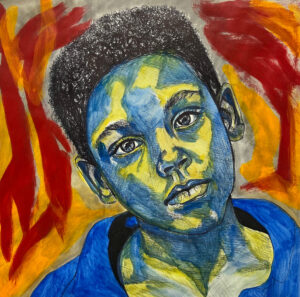
Infrared
by Kyler Luna
My piece is meant to shine light on the ongoing racial injustice in America faced by black Americans. As a white-Hispanic, I recognize the privilege I have with just the color of my skin. I do not have to worry about racial bias within the justice system influencing my right to a fair trial, but neither should anyone else. While this painting is one of the more prominent additions to my portfolio, the name “Infrared” alludes to something a bit more intricate: the colors of the boy’s face are blue and yellow watercolor while the background features acrylic strokes of orange and red. Each of these colors are seen when you view someone under an infrared scanner, reinforcing the overall message that no matter the color of your skin, we all look the same underneath.
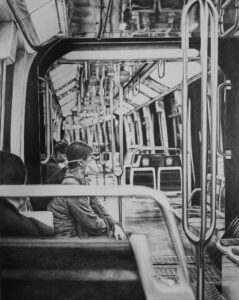
Wear Your Mask
by Jacob Yu
Covid-19 has affected so many people, and masks became part of our daily lives. Through this work, I wanted to show how daily lives have changed through the time of pandemic. The drawing shows a commute in the year 2020. Masks are on, and the train is almost empty. Because 2020 has been a very difficult year, I wanted to capture this feeling of isolation.

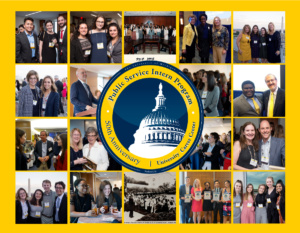
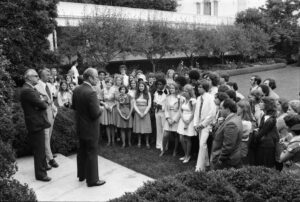
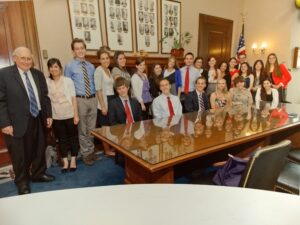
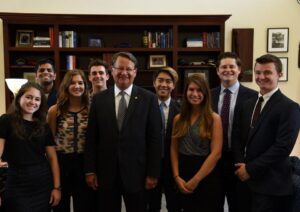
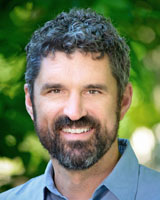
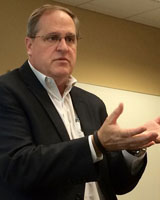 Jon Allan
Jon Allan